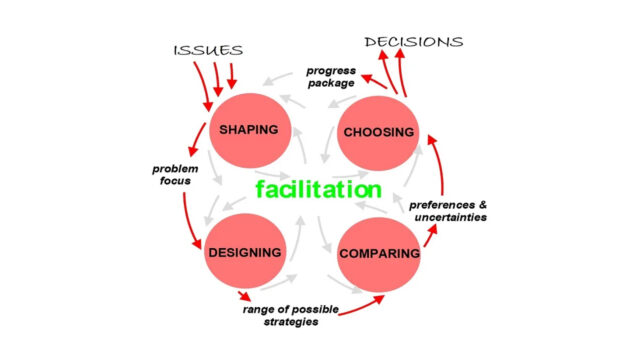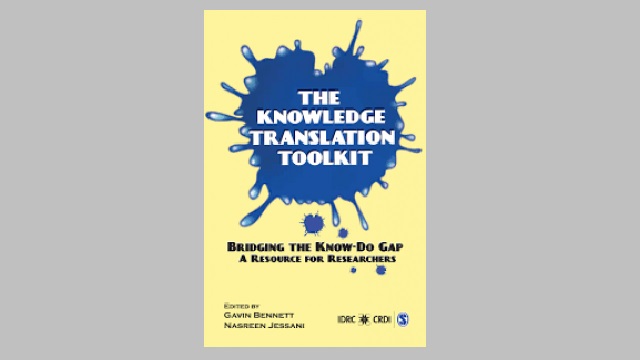
Should knowledge managers become more active in the development of public policy?
As we discussed in a recent article, the UK Government has released a set of knowledge principles for government. Knowledge managers such as Nick Milton have welcomed the principles because they make a distinction between knowledge management and information management, but others question if the principles go far enough. For example, Chris Collison writes in a comment on the RealKM article that “Good to see a start on this but it would be even better to see the principles extended to recognise the entire knowledge iceberg…”
Chris has extensive experience in with working with UK Government departments. In a further comment on LinkedIn in regard to another RealKM Magazine article, this time discussing the call by Nick Poole, Chief Executive of the UK-based Chartered Institute of Library and Information Professionals (CILIP) for government decisions to be based on evidence, Chris states:
I think Nick is making a good case for government decisions [to be] underpinned by effective information management. I don’t dispute the importance of that, and I don’t disagree his the statement about better decisions being based on knowledge, evidence and data (even in a post-truth society). Nick’s the three priority actions speak less to me about knowledge and more about the advancement and preservation of the library and information profession. When you’re the CILIP Chief Exec – that’s a perfectly reasonable set of priorities.
Chris’s comments highlight the extent to which information professionals advocate for public policy in support of information management, and that knowledge management professionals don’t appear to be doing the same, or at least don’t appear to be doing it to the same extent or degree.
The relative lack of public policy advocacy by knowledge managers can be readily seen in knowledge management discussion forums. From my advocacy work in other sectors, I would have expected to see the organisations hosting these forums to use them to initiate and drive public policy development. However, for the most part the forums just provide a platform for members to ask other members questions about knowledge management topics, or for members to provide information about knowledge management tools, techniques, and processes.
Public policy development in regard to knowledge management is instead happening in other forums outside the knowledge management field, and because knowledge managers have limited involvement, deficiencies are evident in the policies that are being put forward. An example is the proposed knowledge management metrics for pubic sector organizations discussed in another recent RealKM Magazine article. The proposed metrics were presented at a significant public sector research conference, from which they could gain substantial momentum. However, as Stephen Bounds comments, aspects of the proposed metrics are questionable. He suggests that they should be critiqued, and I think the most appropriate place for that to occur would be knowledge management discussion forums.
Without effective knowledge management public policy advocacy, the information management bias in government policy may increase even further due to the significant information management initiatives being embraced by government, such as Building Information Modelling (BIM) and Hypercat.
What do you think?
Do you agree that knowledge managers should become more active in public policy development? If you do, how do you think this could be facilitated?
Also published on Medium.







Bruce, if the KM ISO standard goes ahead, then a requirement for accreditation against the standard will be a KM policy.
Many thanks Nick for your comment. I agree with what you say, and in a further perspective I discuss other elements I see as being needed in a KM policy framework – see http://realkm.com/2018/01/11/implementing-the-realkm-open-km-syllabus/
I agree KM workers need to be much more involved in policy making. As a KMer & a policy developer within a big organization I have seen, first hand, the positives of having a knowledge management perspective be more included in discussions & decision-making around policies.
Leaders need to recognize the need and advocate for this as well, it cannot come from within the KM operators field only.
Many thanks for your comment. This particular article is about involvement in public policy – that is, policy-making by governments in regard to knowledge management – but as you say, it’s just as important for knowledge managers to be involved in policy-making within their organisations.